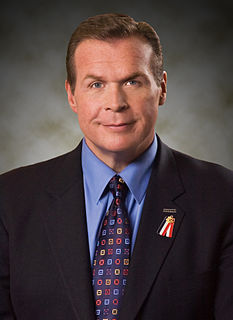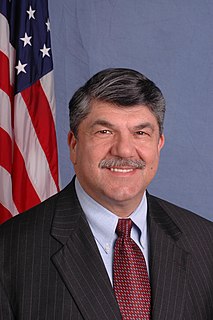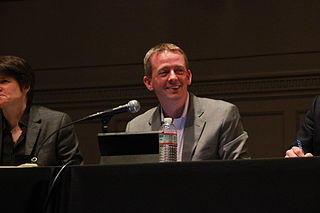A Quote by Al Gore
A majority of Trump's voters were in favor of staying in the Paris Agreement. And if you look at what's really happening in the economy, the economic argument actually is very strongly in favor of the Paris Agreement. There are now twice as many jobs in the solar industry as in the coal industry. Solar jobs are growing 17 times faster than other jobs in the U.S.
Related Quotes
Trump is actually achieving quite a lot. He has actually already fulfilled a whole bunch of campaign promises. The economy is doing great. Jobs, real jobs are being created. American companies are announcing they're gonna reopen factories here. The coal industry is coming back to life because of what Trump did. And for his part, you know, Trump seems aware about it.
If you have a look a few years back down the line then you will find that the previous government had made a big announcement related to the solar mission but nothing was implemented at the ground level. But after the Paris agreement, PM Modi took its leadership in his hand which resulted into International Solar Alliance.
There is nothing - no program, no hobby, no vice, no crime - that does not 'create jobs'. Tsunamis, computer viruses and shooting convenience store clerks all 'create jobs'. So that claim misses the plot; it applies to all so is an argument in favor of none. Instead of an argument on the merits, it is an admission that one has no such arguments.
Look at what's happening between Main Street and Wall Street. The stock market index is up 136 percent from the bottom. Middle class jobs lost during the correction: six million. Middle class jobs recovered: one million. So therefore we're up 16 percent on the jobs that were lost. These are only born-again jobs. We don't really have any new jobs, and there's a massive speculative frenzy going on in Wall Street that is disconnected from the real economy.































